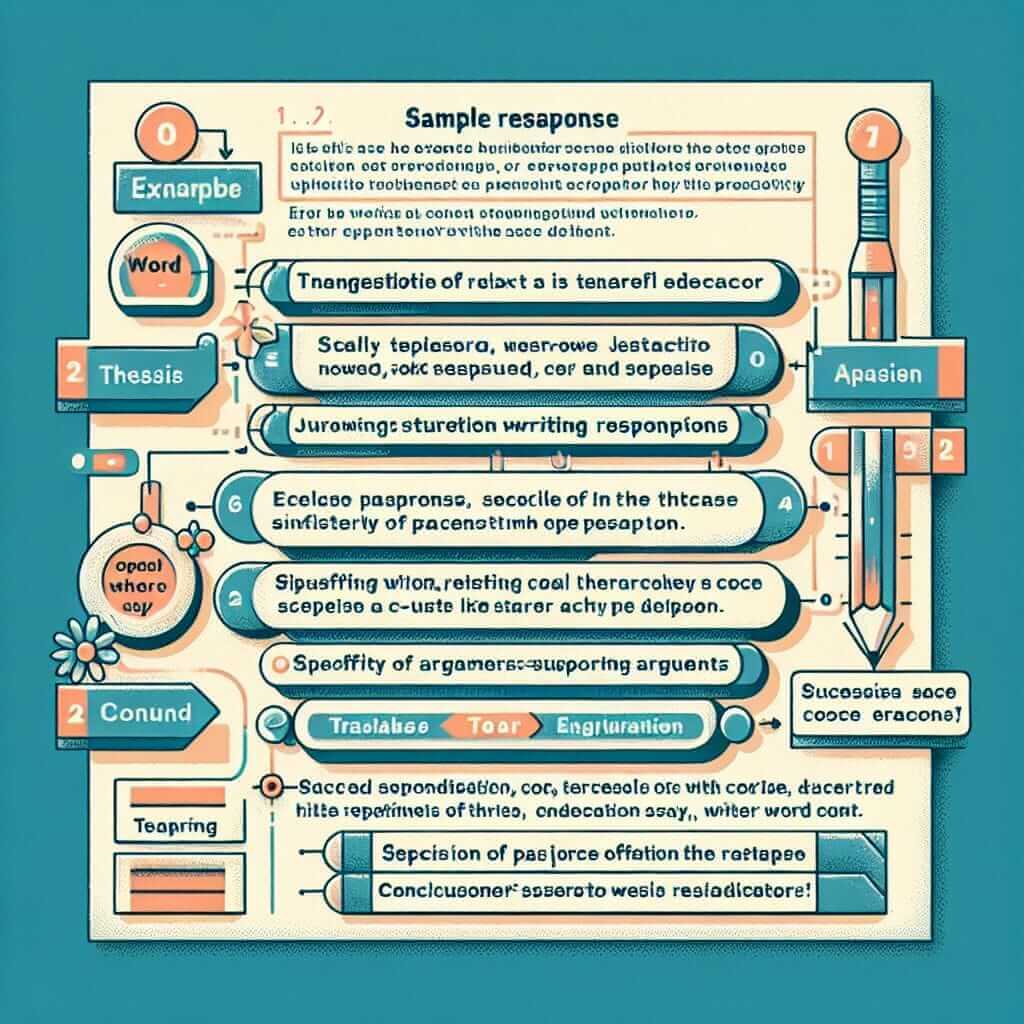As an IELTS instructor with over 20 years of experience, I understand the importance of a well-crafted essay. One of the most common questions I encounter from my students is, “How many maximum words in IELTS writing?” It’s a crucial question because while we want to showcase our language proficiency, exceeding the word limit can impact our score. Let’s demystify the IELTS writing word count and explore how to write effectively within the given parameters.
Understanding the IELTS Writing Task Word Limits
The IELTS writing test has two tasks, each with a specific word limit:
- Task 1 (Academic): You’ll be asked to describe a visual representation of information, such as a graph, chart, or diagram, in at least 150 words.
- Task 2 (Academic & General Training): You’ll write an essay in response to a given opinion, problem, or issue in at least 250 words.
While there’s no official penalty for exceeding the word count, it’s highly discouraged. Here’s why:
- Time Constraints: You have only 60 minutes for both writing tasks. Spending too much time on one task can leave you short on time for the other.
- Clarity and Concision: Exceeding the limit often leads to redundancy and less impactful writing.
- Assessment Criteria: Examiners assess your ability to present a well-organized, coherent, and concise piece of writing.
Making Every Word Count: Effective Writing Strategies
1. Planning is Key:
Before you begin writing, take a few minutes to brainstorm ideas and structure your essay. This will help you stay focused and avoid going off-topic.
2. Prioritize Content:
Focus on answering the question directly and providing relevant supporting details. Avoid including irrelevant information or personal opinions that don’t contribute to the main point.
3. Be Concise:
Use clear and concise language to convey your ideas effectively. Avoid using overly complex vocabulary or sentence structures.
Example:
Instead of: “Due to the fact that the population is increasing at an alarming rate, there is a pressing need for…”
Write: “The rapidly increasing population necessitates…”
4. Edit and Proofread:
Always leave a few minutes at the end to review your work for any grammatical errors, spelling mistakes, or awkward phrasing.

Example from an IELTS Writing Task 2:
Topic: Some people believe that the best way to improve public health is by increasing the number of sports facilities. Others, however, believe that other measures are required in addition to this. Discuss both views and give your opinion.
Word Count: Aim for around 270-290 words. This allows you to fully explore both sides of the argument and present a clear opinion with supporting details.
Key Takeaways
Mastering the word count is essential for success in the IELTS writing test. Remember, it’s not about writing as much as you can, but rather about conveying your ideas clearly, concisely, and effectively within the given parameters. By following these tips and practicing regularly, you can approach the IELTS writing tasks with confidence and achieve your desired score.